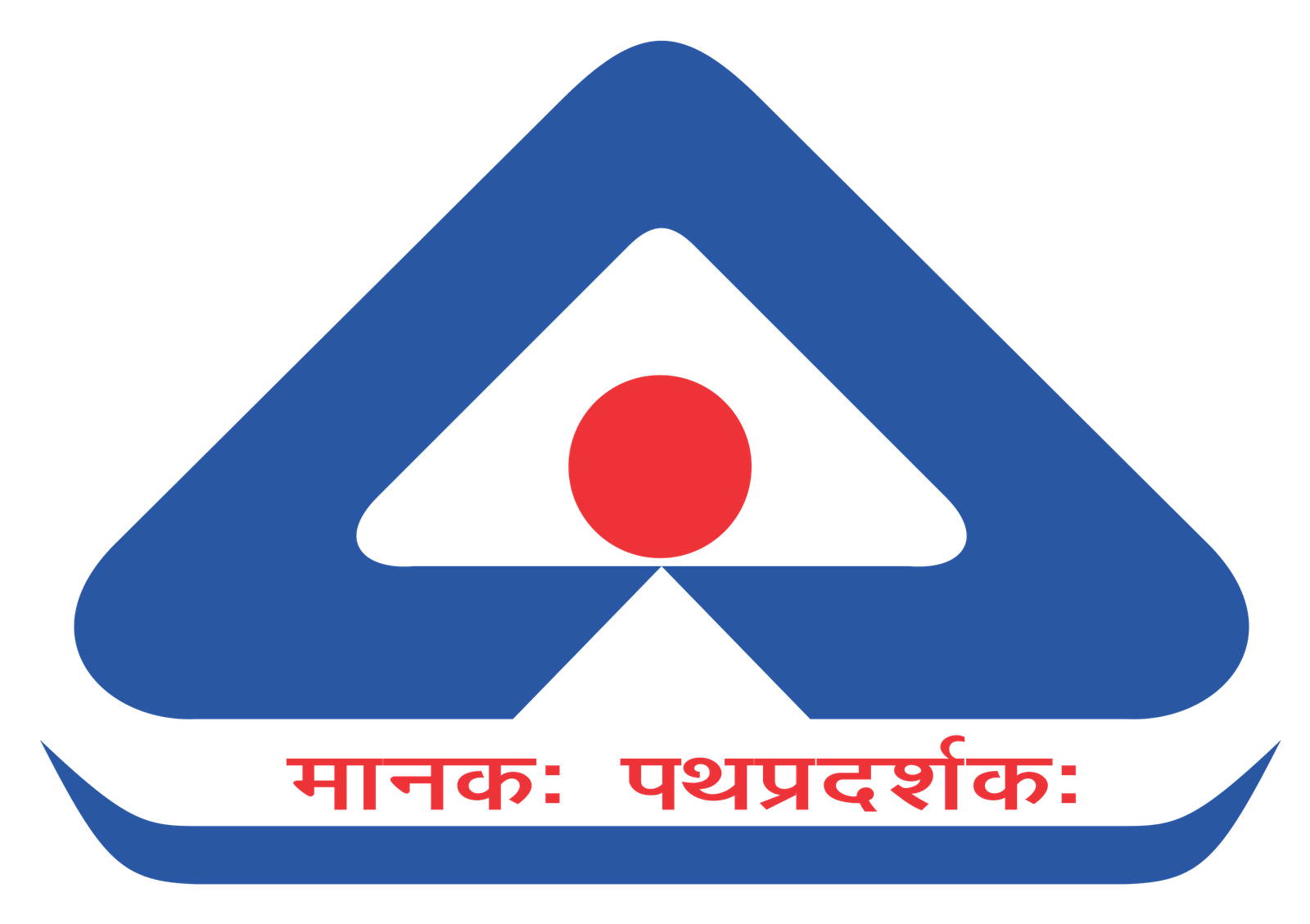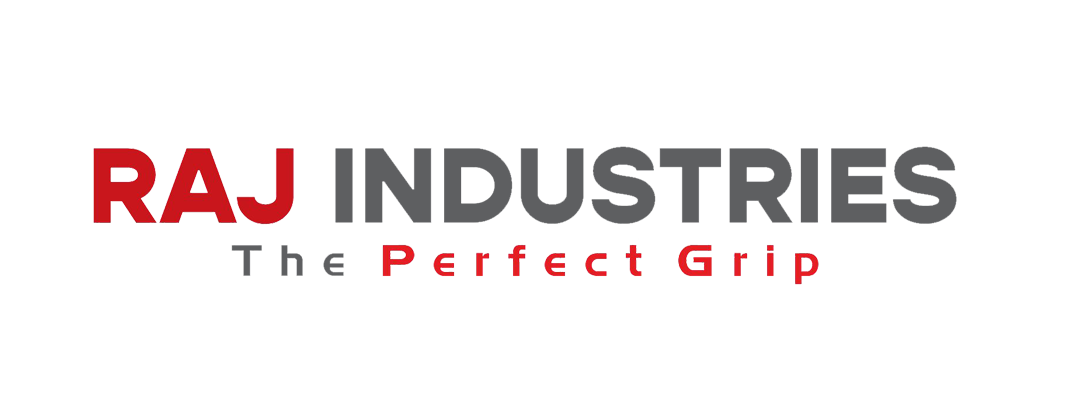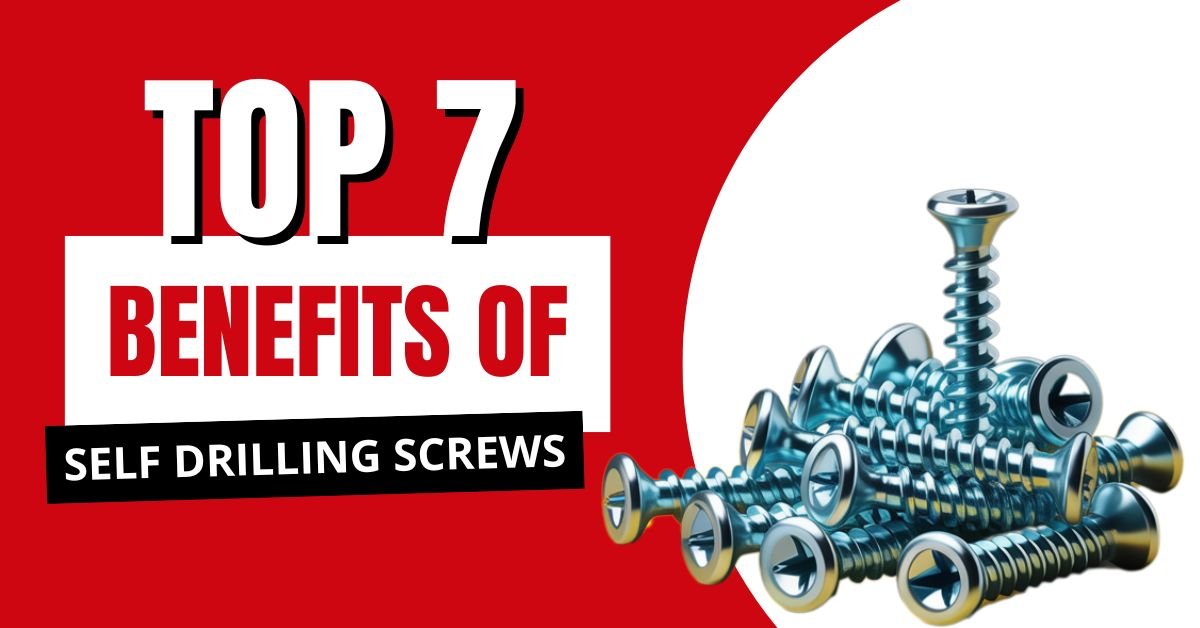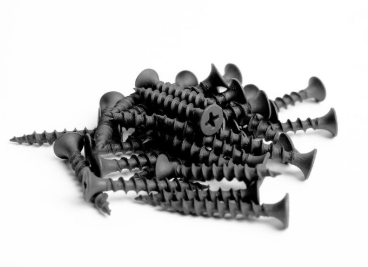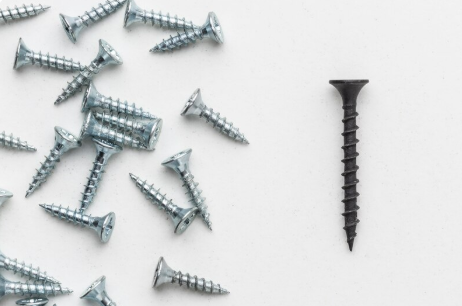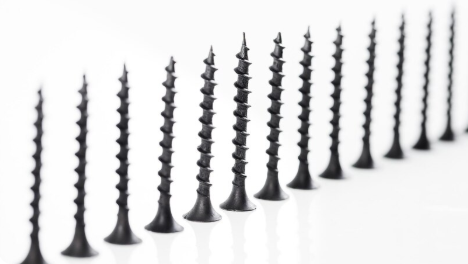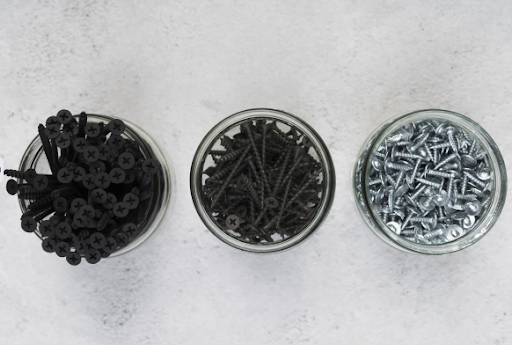When it comes to securing panels to wall framing, choosing the right fastener can make the difference between a structurally sound installation and one prone to failure. While often used interchangeably in conversation, gypsum screws and drywall screws serve distinct purposes with subtle yet crucial differences in their design and application. For contractors and DIY enthusiasts in India’s construction market, understanding these distinctions ensures optimal project outcomes and cost efficiency.
The Fundamental Differences
Gypsum screws and drywall screws may appear similar at first glance, but their engineering tells a different story. Gypsum screws are specifically designed for securing gypsum board materials to metal studs, featuring a fine thread pattern that creates a secure grip in thinner metal framing. Meanwhile, drywall screws, with their sharper points and sometimes coarser threads, are engineered primarily for fastening drywall panels to wooden substrates.
The distinction becomes particularly important in India’s diverse construction landscape, where material availability and regional building practices can vary significantly from Punjab to Telangana.
Design Specifications That Matter
Thread Design and Pitch
Gypsum screws typically feature:
- Fine thread patterns (more threads per inch)
- Specialized threading designed for metal penetration
- Self-tapping capabilities that reduce the need for pre-drilling
Drywall screws, by contrast, offer:
- Coarser thread designs in wood-application versions
- Sharp, aggressive points for quicker wood penetration
- Deeper threading for maximum holding power in wooden studs
Head Configuration
The subtle differences in head design also impact performance:
- Gypsum screws often feature slightly modified bugle heads with optimized angles to sit flush with gypsum boards without tearing the paper facing.
- Drywall screws typically have traditional bugle heads designed to countersink smoothly into drywall paper.
Performance in Different Applications
The performance gap becomes most apparent when using these fasteners in their non-intended applications. Using standard drywall screws in metal framing can lead to inadequate penetration, stripped screws, or insufficient holding power. Conversely, using gypsum screws in wood framing might not provide the depth of thread engagement needed for maximum load-bearing capacity.
As noted by leading suppliers in Haryana and Telangana, project-specific screw selection significantly impacts installation efficiency and long-term structural integrity. Gypdrive Fasteners, with their extensive manufacturing expertise, produces specialized versions of both screw types to meet the demanding requirements of India’s construction sector.
Regional Pricing Considerations
The price variations between these screw types reflect their specialized applications:
- Gypsum screw prices in Andhra Pradesh typically range slightly higher than standard drywall screws due to their specialized metal-gripping design.
- Drywall screws price in Punjab tends to be more economical for large-volume wood-framing projects, making them the preferred choice for residential construction.
Industry experts at Gypdrive Fasteners recommend evaluating project requirements holistically rather than focusing solely on unit pricing. The right fastener choice prevents callbacks, repairs, and potential structural issues that far outweigh initial cost savings.
Material Composition and Durability
The durability differences between these screw types stem primarily from their material composition and treatments:
- Gypsum screws often feature specialized coatings designed to resist corrosion in metal-to-metal applications where galvanic reactions can accelerate deterioration.
- Drywall screws may incorporate different hardening processes to maintain their sharp points when driving through wooden framing materials.
For projects in high-humidity regions or those requiring extended durability, consulting with specialized gypsum screw dealers in Telangana can help identify the optimal fastener specifications for your specific environmental conditions.
Making the Right Choice for Your Project
When determining which screw type best suits your project needs, consider:
- Substrate material – metal framing typically requires gypsum screws
- Environmental factors – moisture exposure may necessitate specialized coatings
- Load requirements – heavier fixtures may demand stronger fastening solutions
- Regional availability – work with established suppliers like Gypdrive Fasteners who maintain consistent stock
By understanding these crucial differences, contractors can optimize both performance and cost-efficiency across diverse construction applications throughout India’s regional markets.
Conclusion
While seemingly interchangeable, gypsum screws and drywall screws represent specialized fastening solutions designed for specific applications. For professional results that stand the test of time, matching the right screw to your specific project requirements ensures structural integrity, efficient installation, and optimal long-term performance.
Gypdrive Fasteners, with their comprehensive product range and technical expertise, remains a trusted partner for construction professionals seeking reliable fastening solutions across India’s diverse regional markets.
Frequently Asked Questions
Can I use drywall screws for metal stud applications?
While possible in some cases, it’s not recommended. Drywall screws lack the specialized threading and point design needed for reliable metal penetration. Gypsum screws, specifically engineered for metal framing, provide superior holding power and reduced stripping risk, making them worth the marginally higher investment for metal stud applications.
How do I identify quality gypsum screws from inferior products?
Quality gypsum screws exhibit consistent threading, uniform coating application, and properly formed heads. Reputable gypsum screw suppliers in Haryana like Gypdrive Fasteners maintain strict quality control processes, ensuring consistent performance. Look for screws that drive smoothly without wobbling and achieve full penetration without excessive torque requirements.
What length screw should I use for standard drywall installation?
For 1/2-inch drywall on wood studs, 1-1/4 inch drywall screws are typically sufficient. When working with 5/8-inch drywall or fire-rated applications, 1-5/8 inch screws provide optimal holding power. For metal stud applications, slightly shorter gypsum screws may be appropriate as deep penetration isn’t as critical as with wood framing.
Are coated screws worth the extra cost for bathroom installations?
Absolutely. In high-moisture environments like bathrooms, corrosion-resistant coatings significantly extend fastener lifespan and prevent unsightly rust stains on finished surfaces. Premium gypsum screw dealers in Telangana offer specialized moisture-resistant options that provide superior long-term performance in these challenging applications.
How many screws do I need per square foot of drywall?
For standard wall applications, professionals typically use 4-5 screws per square foot, spaced approximately 12 inches apart along studs. Ceiling installations may require increased fastener density (6-7 per square foot) to prevent sagging. Always consult local building codes, as requirements can vary by region and application.

